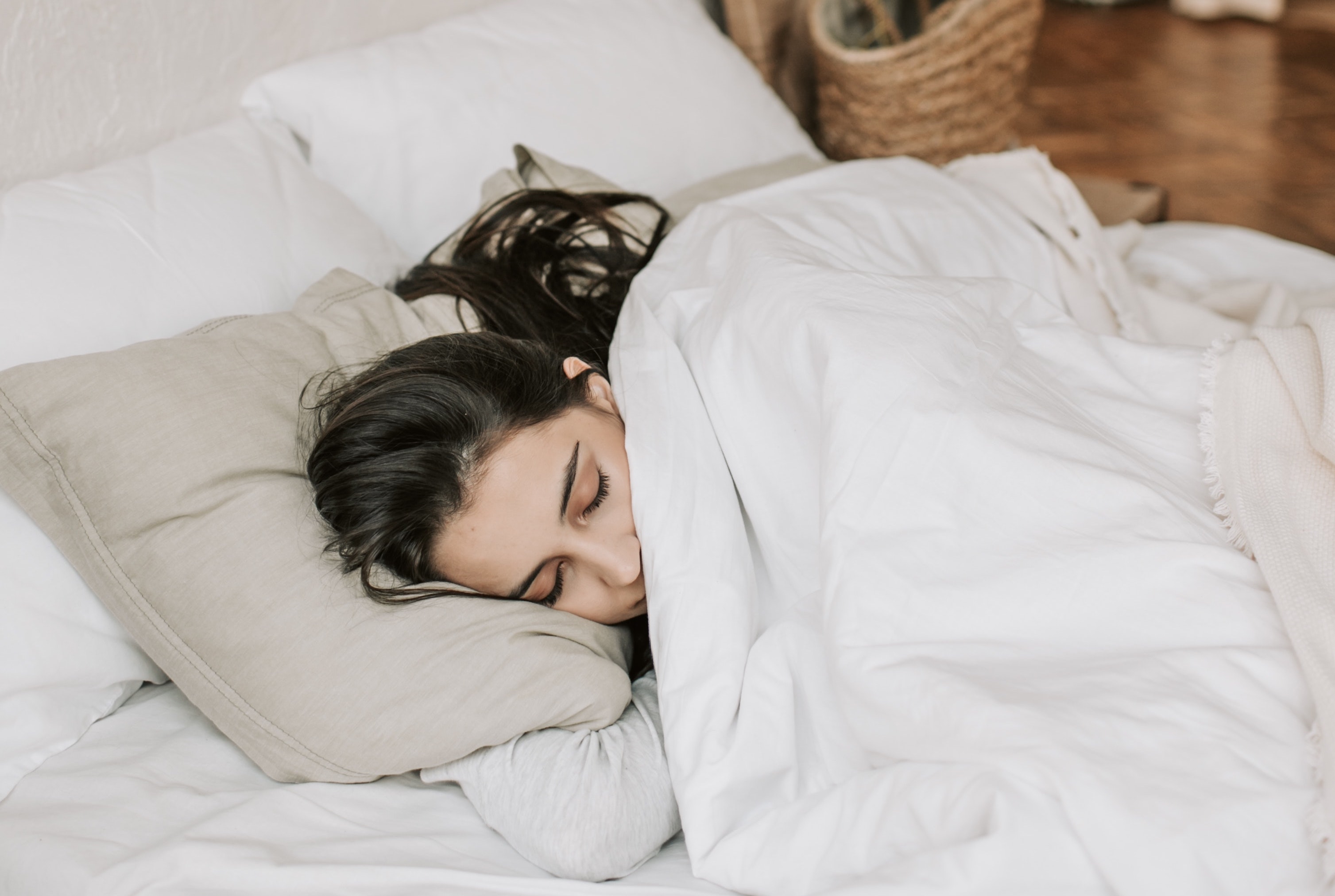
The Surprising Connection Between Sleep and Weight Gain
Autumn can be a busy time of year for us all with school, work, and life commitments back in full swing. With so much going on, it can be tough to get the 7-9 hours of quality sleep recommended by the National Sleep Foundation. We know what you’re thinking, “7-9 hours!? You must be dreaming!”
Well, it might be time to hit that snooze button because getting poor sleep can promise more than a cranky morning – it can actually make you gain weight.
That’s because a night of poor sleep impacts the body’s hunger hormones – leptin and ghrelin.
Leptin is a hormone released from our fat cells that suppresses appetite and helps us feel satiated. Ghrelin, on the other hand, is a hormone produced in the gut that increases hunger. Keeping these hormones in balance is the key to managing hunger and cravings.
A study published in Obesity found that a poor night of sleep significantly increases levels of ghrelin (hunger) and lowers levels of leptin (satiation). This means we feel hungrier and more likely to indulge in energy-dense snacks after a bad night. Another scientific review found that short duration sleepers (those that slept less than 5-6 hours a night) were more likely to snack throughout the day and their snacks tended to be higher in carbohydrates, fat, and calories. Chronic sleep deprivation has been linked to major metabolic disorders, decreased insulin sensitivity, poor diet choices, and less exercise.
If you’re dreaming of getting better sleep, then check out these tips to getting better quality Zzzs:
Improve Your Sleep Hygiene
It’s important to create a consistent, supportive routine to get the best quality sleep. That includes sticking to a regular sleep time and ensuring your room is dark, quiet, and comfortably cool.
Take the Tech out
Blue light, like those from our favorite devices, have been shown to decrease our body’s ability to produce the hormone melatonin. Melatonin is the hormone responsible for making us sleepy. It’s best to avoid looking at any blue light at least an hour before bedtime to let your body get naturally drowsy
Watch What You Eat
This includes avoiding alcohol, caffeine, or large meals before bedtime. You want to ensure your body, and your digestive system, are ready for a full night of rest. Instead, opt for a cup of herbal tea before bed.
Keep Active
Getting regular physical activity throughout the day can help your body fall asleep more easily. Just be sure to avoid working out too close to bedtime. If you can’t then prioritize gentle exercises like tai chi or yoga before bed.
In summary, ensuring you get 7-9 hours of quality sleep can go a long way towards supporting your health and wellness goals. While it can be tough to prioritize, especially in the busy fall months, it is an important part of keeping our energy up and excess weight off.

